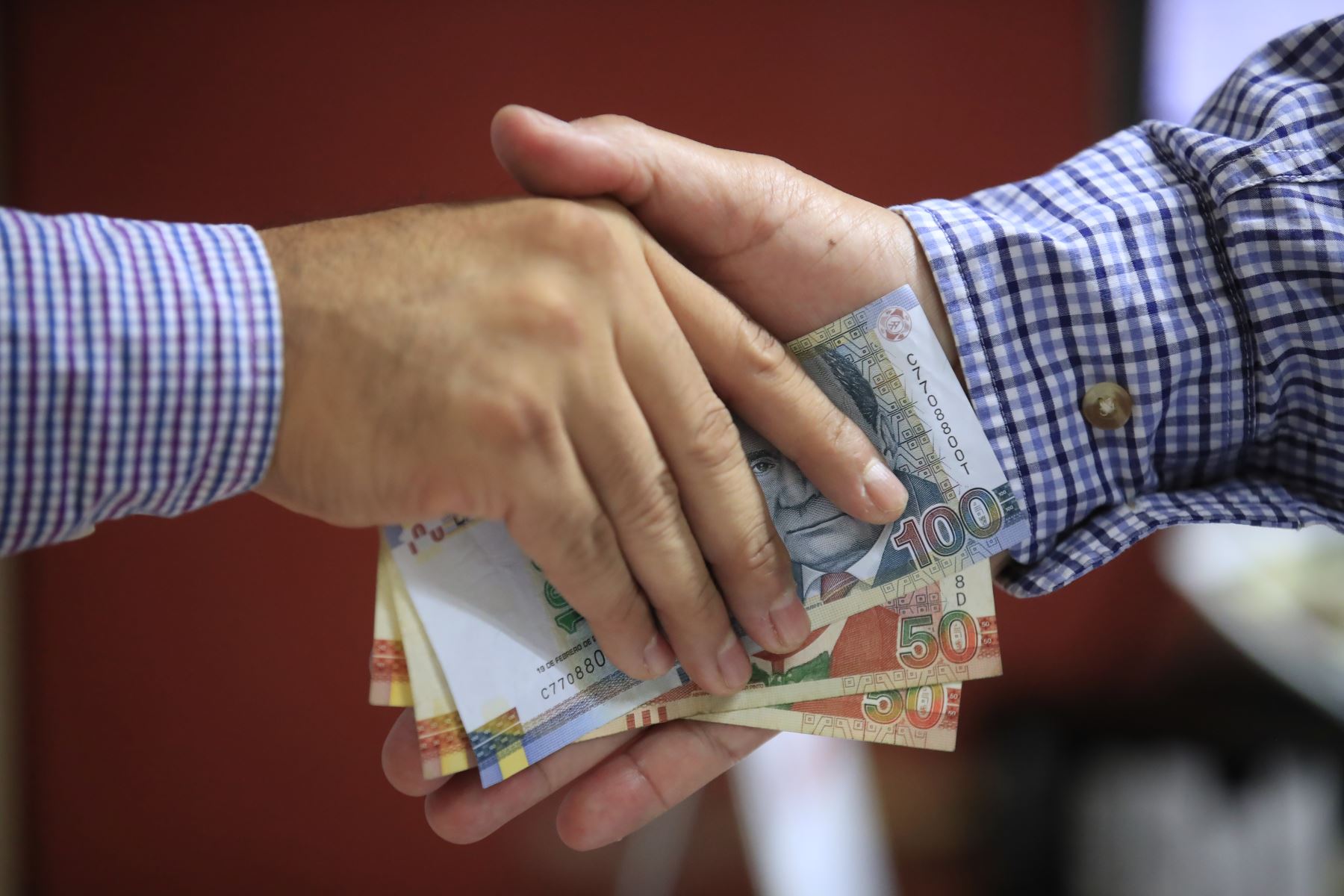
La construcción de un sistema de lucha contra la corrupción dentro de la legislación boliviana se viene realizando de manera progresiva desde el año 2009 con la promulgación de distintas normas como ser la Ley N°1390 de Fortalecimiento para la Lucha Contra la Corrupción, Ley N°004, Ley N°341, Ley N°458, Ley N°974 y Ley N°1390. Así mismo, como una norma más operativa, mediante el Decreto Supremo N°0214 se aprobó la Política Nacional de Transparencia y Lucha contra la Corrupción – PNT, la cual fue abrogada por el recientemente emitido Decreto Supremo N°4872 de 02 de febrero del año 2023 que además aprobó la Política Plurinacional de Lucha Contra la Corrupción.
En este sentido, a continuación, presentamos una revisión de la Política abrogada frente a la nueva Política aprobada.
El principio de Transparencia como base de la nueva Política
La nueva Política tiene como principal objeto que todos los niveles del Estado tengan un compromiso con la sociedad para implementar sistemas de gestión de riesgos, denuncias, verificaciones patrimoniales interoperables, rendiciones públicas de cuentas y un seguimiento de procesos penales dentro de las entidades, para que de esta manera se generen mecanismos de prevención y lucha contra la corrupción. El contar con todas estas medidas pretende revestir de publicidad y por consecuencia de transparencia los actos dentro de la administración pública.
Al ser el principal objetivo de esta Política la transparencia dentro de la administración pública, se establecen principios de manera más amplia a los consignados en la anterior Política aprobada por el Decreto Supremo N°0214, la cual únicamente establecía el principio de derechos humanos y el de dialogo social. La nueva Política incorpora el principio de transparencia, y hace una distinción entre la transparencia activa a cargo de las instituciones públicas, principio en virtud del cual estas instituciones deben difundir y hacer llegar al ciudadano información veraz; por otro lado, se contempla la transparencia pasiva, que implica el derecho del ciudadano en solicitar y recibir la información que requiera, debiendo ser esta información clara y proporcionada de manera eficiente. La relación de ambos principios forma una transparencia colaborativa en la que tanto el Estado como la ciudadanía generan corresponsabilidades; y por último la transparencia efectiva en la cual el Estado debe promover que la ciudadanía se involucre y solicite la transparencia.
Además de los principios de transparencia en sus distintas formas, la Política también consigna los siguientes: Amplia cooperación interinstitucional; Cultura de participación; Estandarización; Gestión pública digitalizada; Participación digital con el Estado; Publicidad y simplicidad.
Mecanismos para la ejecución de la nueva Política Plurinacional de Lucha Contra la Corrupción
Para la materialización de la Política Plurinacional de Lucha Contra la Corrupción, se establecen lineamientos que se deben seguir para obtener los resultados esperados. Se debe tener en cuenta que estos lineamientos son bastante similares a los que establecía la antigua Política. Estos lineamientos son:
1. La digitalización de la información e interoperabilidad; Implica el desarrollo de la digitalización y la comunicación fluida entre las distintas entidades estatales, para estos efectos se contempla la creación y desarrollo de los siguientes sistemas:
- Sistema de Gestión de Riesgos y Alertas tempranas dentro de las entidades públicas.
- Sistema de Gestión de Denuncias en Línea para que exista un mismo sistema, para almacenar en un solo lugar las denuncias por casos de corrupción.
- Sistema Interoperable de Verificación de Declaraciones Juradas de Bienes y Rentas, en relación con la digitalización de la investigación patrimonial.
- Sistema Parametrizado de Seguimiento y Gestión de Procesos Penales por Delitos de Corrupción y de Legitimación de Ganancias Ilícitas.
2. Articulación con la sociedad civil organizada; Busca la participación de la sociedad civil organizada y de las empresas privadas para desarrollar los siguientes aspectos:
- Control Social efectivo de parte de los beneficiarios de las obras, bienes y servicios públicos.
- Observatorio ciudadano de transparencia que le permita a toda la ciudadanía realizar una evaluación externa permanente.
Desarrollo de mecanismos de Compliance dentro de las empresas privadas, que permitan detectar hechos de corrupción en contrataciones estatales.
3. Formación en valores de ética y transparencia; Se enfoca el desarrollo de valores desde la escolaridad, con base en los siguientes componentes:
- Actualización permanente de la currícula para la implementación de valores.
- Promover cursos de especialización en temas relativos a la lucha contra la corrupción.
- Construcción colectiva de un compromiso de ética en los servidores públicos.
4. Acceso a la información de forma colaborativa; Promoción del acceso a la información como un mecanismo de transparencia, esto a través de los siguientes elementos:
- Sistemas de rendición pública de cuentas con parámetros uniformes y estandarizados.
- Estandarización de la información publicada por las instituciones en sus portales digitales.
- Publicación de datos estadísticos de relevancia de las distintas entidades.
Conclusiones
En conclusión, tenemos que se ha producido la renovación de la Política contra la corrupción en Bolivia, si bien los cambios implementados no son profundos, se destaca la búsqueda del uso de la tecnología como una herramienta para transparentar la administración pública, un camino al que paulatinamente deben transitar las entidades de los distintos niveles de gobierno.
Es así, que la puesta en marcha de la Política Plurinacional de Lucha Contra la Corrupción es un instrumento que tiene el Estado para luchar contra este problema tan presente en nuestra realidad, pero también es una herramienta de la sociedad para controlar y reclamar información en busca de evitar, alertar e identificar casos de corrupción que se generen en instituciones públicas, esto teniendo en cuenta que frente a sus objetivos, la Política le da un papel preponderante y colaborativo a los ciudadanos.